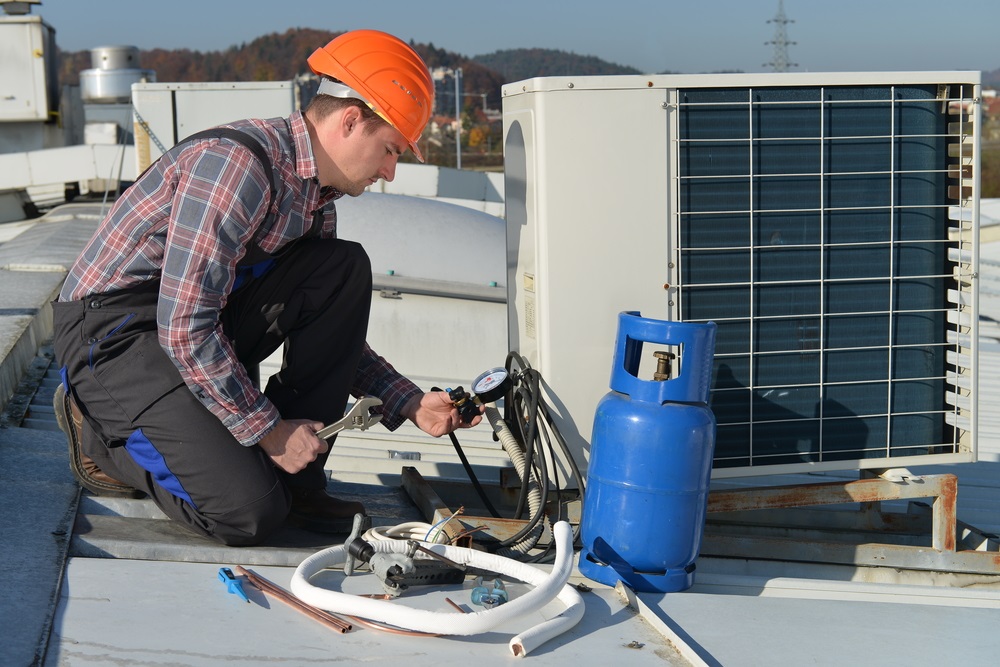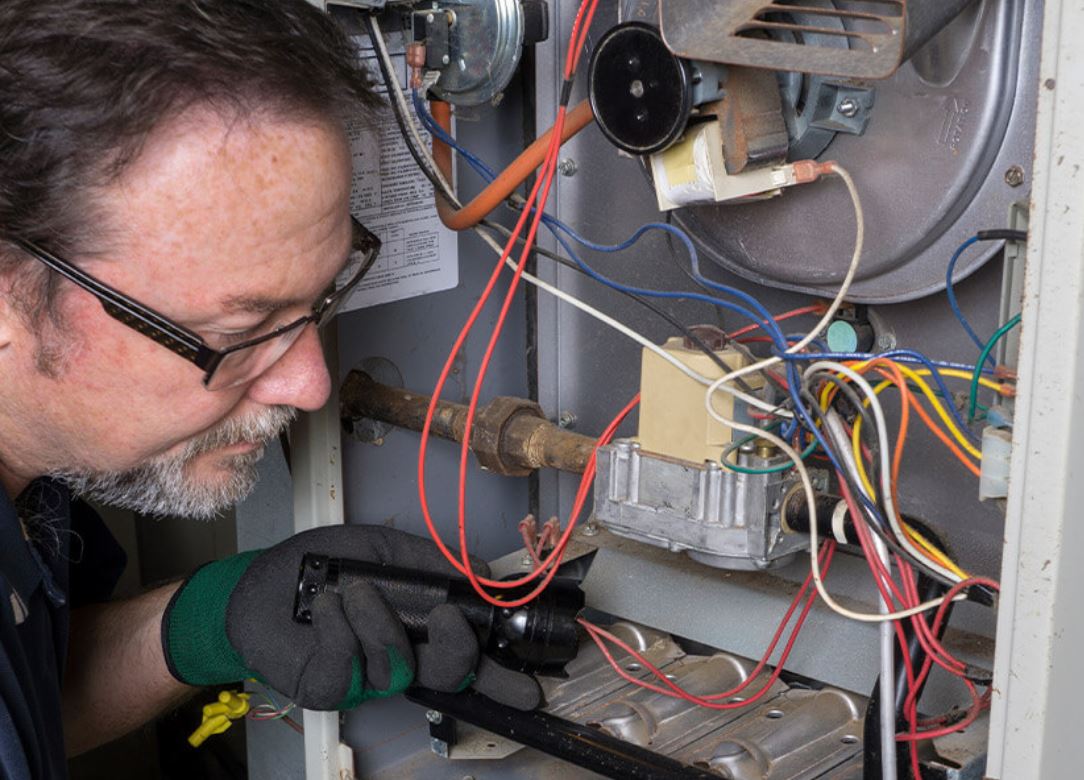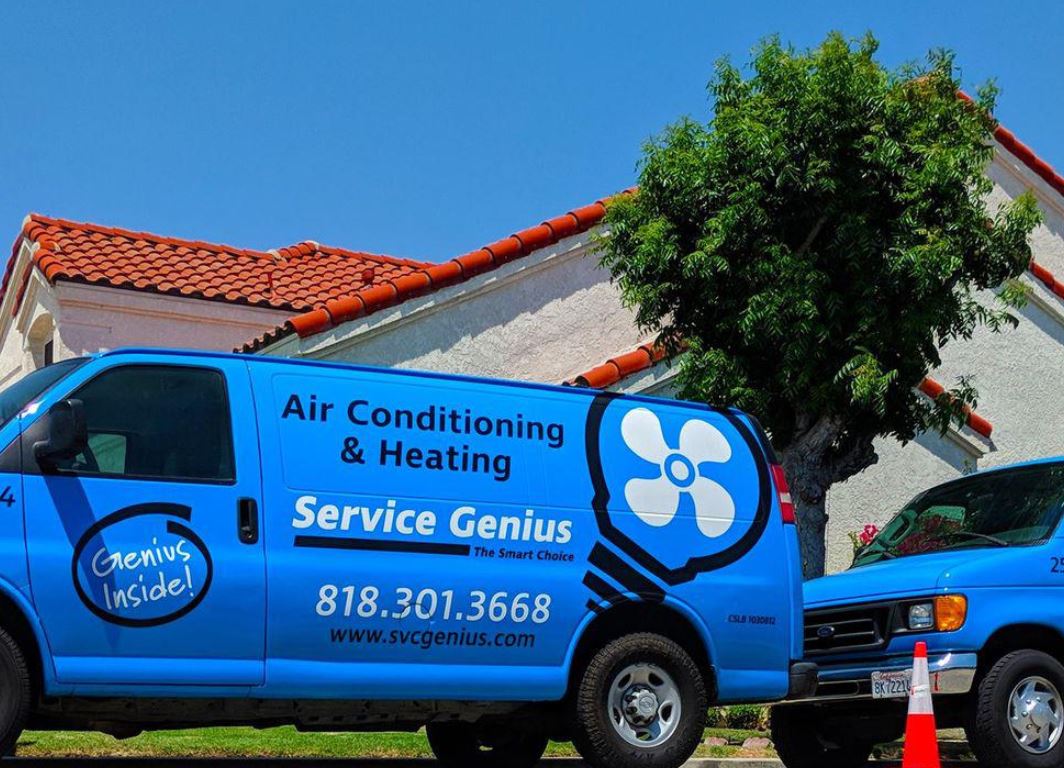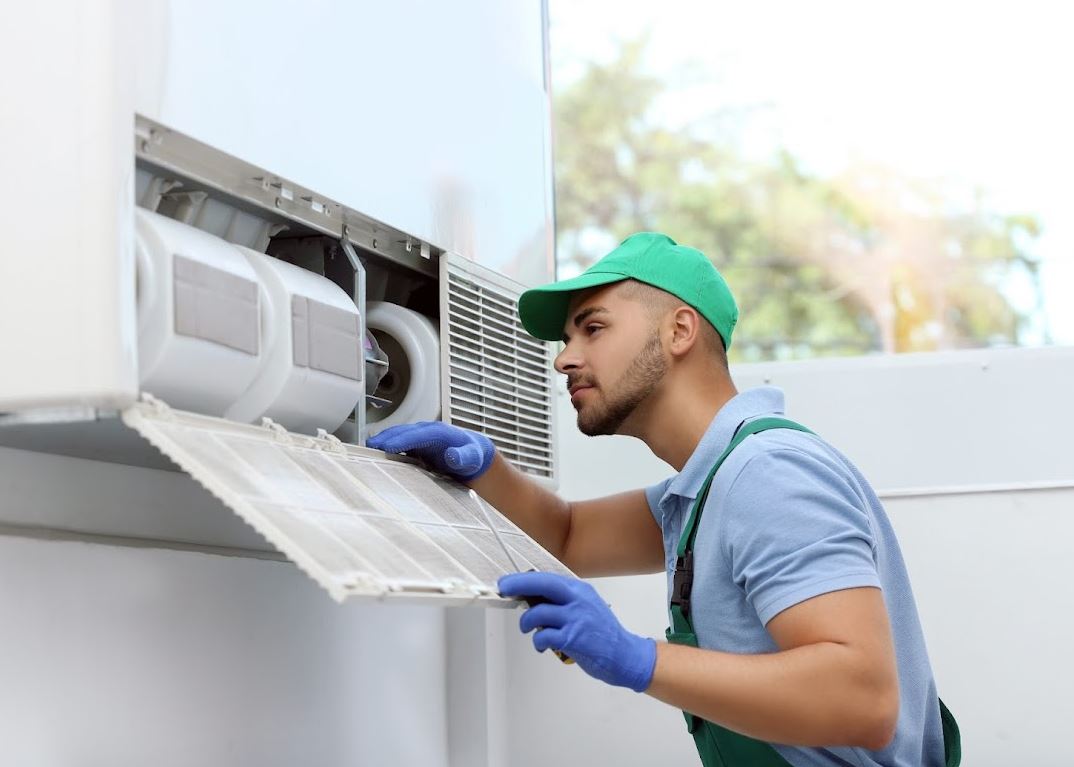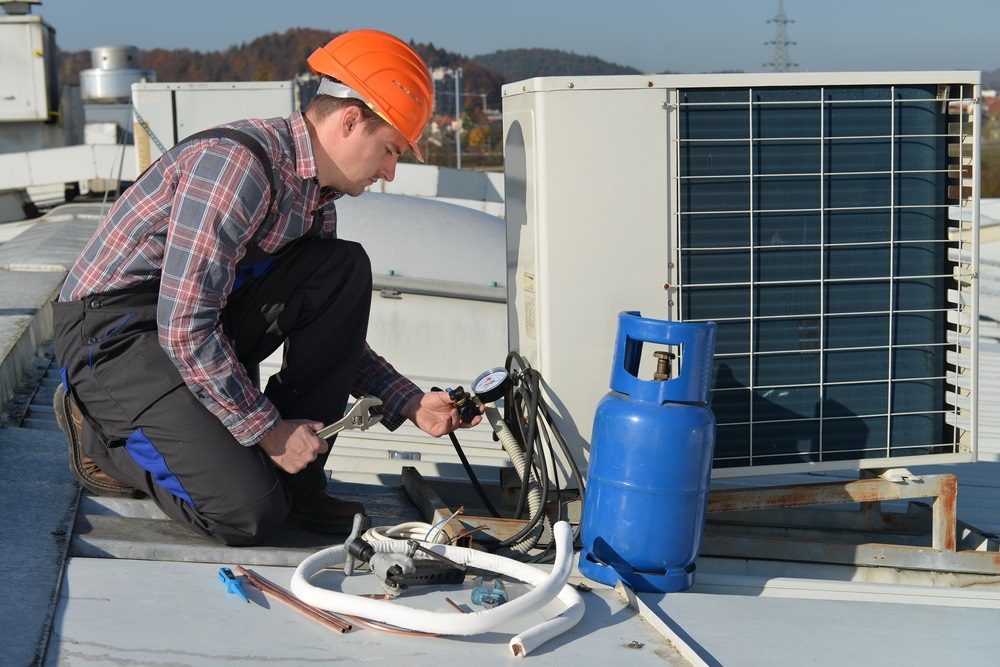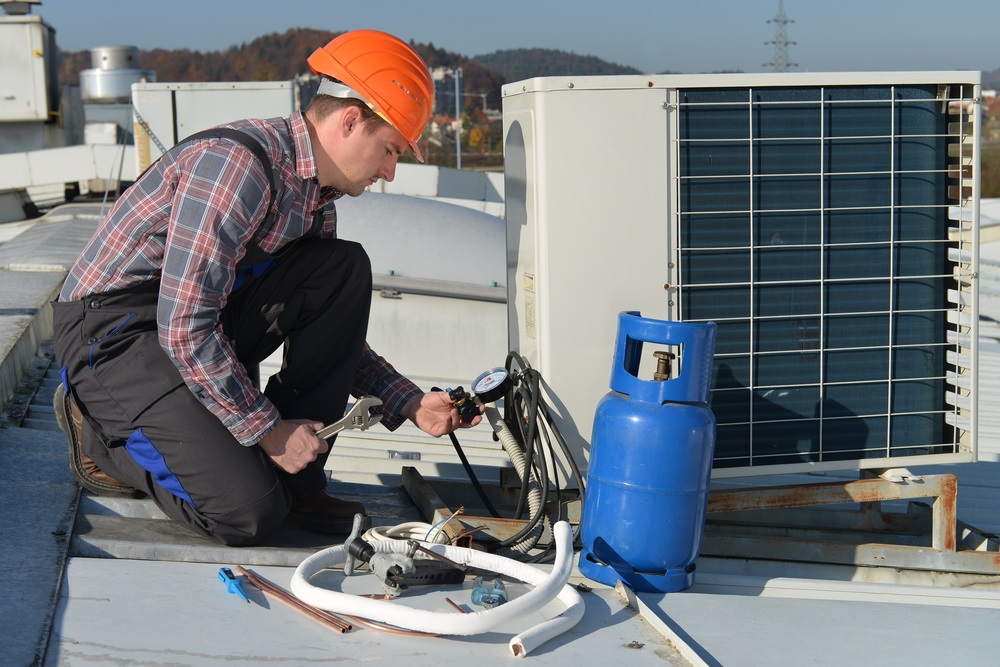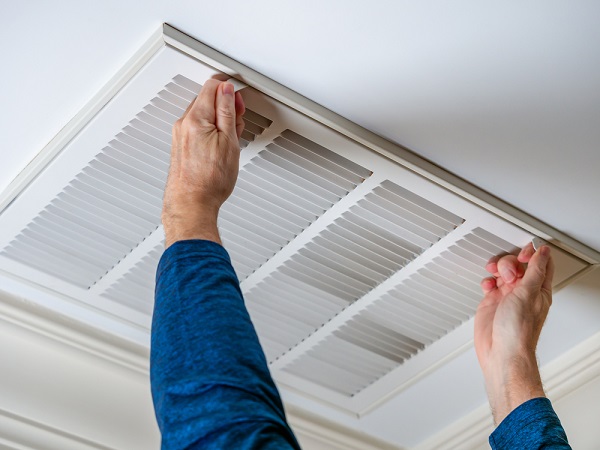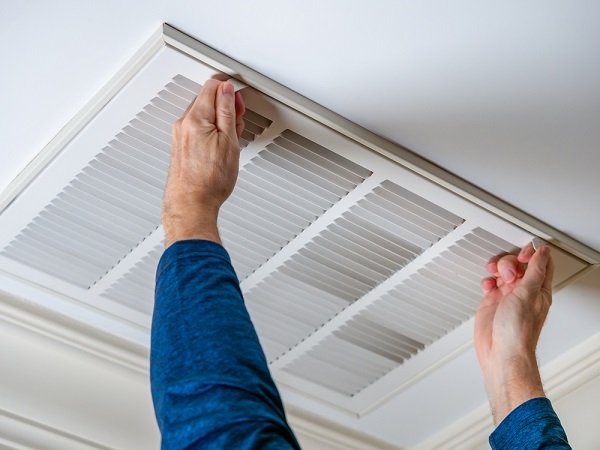Like a thermostat controlling the temperature, this article aims to control the flow of information about environmentally-friendly refrigerants. This essential guide will elucidate their significance in mitigating climate change and provide a practical approach to selecting suitable alternatives. It strives to foster an informed community that values sustainability, understands its benefits, and makes conscious choices for a greener future. Key Takeaways Transitioning to green refrigerants is urgently needed to mitigate ozone depletion and reduce greenhouse gas emissions. Green refrigerants have a positive impact on the environment and combat climate change by reducing global warming potential. Understanding the implications of using environmentally-friendly refrigerants empowers consumers to make informed choices. Choosing refrigerants based on efficiency, safety considerations, and minimal environmental impact, such as natural refrigerants, is crucial for a sustainable future. Understanding the Importance of Environmentally-Friendly Refrigerants The significance of environmentally-friendly refrigerants extends beyond their primary function, as they play a crucial role in mitigating the impact on ozone depletion and reducing global warming potential. Refrigerant Impact Studies have demonstrated that traditional refrigerants contribute considerably to greenhouse gas emissions due to their high Global Warming Potential (GWP). As such, an
Recent statistics indicate that nearly 75% of new homes in the United States are equipped with a zoned HVAC system. This article examines the fundamental aspects and operational principles of these systems, along with their advantages and disadvantages. It aims to provide a comprehensive understanding of zoned HVAC systems for those seeking knowledge about this popular choice in contemporary heating, ventilation, and air conditioning technology. Key Takeaways A zoned HVAC system divides a home or building into different areas, each with its own thermostat for individual temperature control. Multiple dampers regulate air flow to specific zones, which are controlled by individual thermostats. A zoned HVAC system offers advantages such as energy efficiency, cost savings, enhanced comfort levels, and reduced unnecessary heating or cooling. However, there are disadvantages to consider, including higher initial installation costs, the need for additional equipment, maintenance costs, and uneven wear-and-tear in different zones. Understanding the Basics of a Zoned HVAC System Understanding the basics of a zoned HVAC system involves grasping how it divides a home or building into different areas, each with its own thermostat for individual temperature control. This distribution is based
The ubiquitous nature of central air conditioning systems necessitates a comprehensive understanding of their key components, such as the thermostat. This article explores the identification of malfunctioning thermostats through an analysis of common symptoms, subsequently contributing to efficient and effective maintenance strategies. The objective is to augment practical knowledge for those invested in ensuring optimal functionality within these essential home or office systems. Key Takeaways Inconsistent room temperatures can indicate potential thermostat issues. Unresponsive controls may signify internal defects in the thermostat. Unexpected energy bills may be a result of inefficient operation of the thermostat. Frequent cycling of the air conditioning system can compromise comfort and increase wear-and-tear. Understanding the Role of a Thermostat in a Central Air Conditioning System The role of a thermostat in a central air conditioning system is pivotal as it regulates the temperature by commanding the system to either cool or heat the environment based on pre-set values. This crucial component, often overlooked, performs essential Thermostat Functions and plays an integral part in maintaining a comfortable indoor climate. A thermostat operates using an internal mechanism that reacts to changes in ambient temperature.
The debate surrounding the necessity of covering central air conditioners during winter has long been a topic of interest among homeowners and industry professionals alike. This article critically examines the advantages and disadvantages associated with this practice, providing an in-depth exploration based on sound technical knowledge. The aim is to provide comprehensive insights that enable individuals to make informed decisions about their air conditioning care during the colder months. Key Takeaways Covering a central air conditioner in the winter provides protection against snow, ice, debris, and harsh winter elements. Proper installation and material selection are crucial to avoid issues such as moisture buildup, mold growth, or corrosion. Regular maintenance, including filter replacement and cleaning, is essential to ensure optimal performance and efficiency. Insulating exposed pipes and using breathable materials for coverage are important steps to prevent damage and maintain a functioning system throughout winter. Evaluating the Pros and Cons of Covering Your Central Air Conditioner A thorough examination of the advantages and disadvantages associated with covering a central air conditioner during winter months is critical for an informed decision-making process. The assessment should encompass two primary areas: Material
In the juxtaposition of rising energy costs and consumer desire for comfort, understanding the energy consumption of central air conditioning systems becomes paramount. This article elucidates methods to calculate these costs accurately. Furthermore, it provides detail-oriented instructions, imparting technical knowledge in a clear and concise manner, making this complex process accessible to all readers invested in efficient energy use. Key Takeaways Efficiency ratings play a crucial role in energy consumption, with systems with higher ratings consuming less power. Seasonal usage significantly impacts energy consumption patterns, with usage increasing during warmer months and decreasing in cooler periods. The local cost per kilowatt-hour is an essential factor for accurate energy cost calculations. Conducting a cost evaluation, measuring consumption in kilowatt-hours, and performing an efficiency analysis are essential steps to calculate energy costs accurately. Understanding Your Central Air Conditioning System's Energy Consumption Determining the energy consumption of a central air conditioning system involves analyzing factors such as its efficiency rating, usage hours, and the local cost per kilowatt-hour. Efficiency Ratings play a crucial role in understanding how much energy is consumed by an air conditioning unit. Systems with higher ratings consume less power
Recent studies indicate that 70% of homeowners are unsure about their central AC warranty coverage. This article aims to elucidate the process of verifying whether a central air conditioning repair is covered under warranty. It will provide an in-depth understanding of typical warranty clauses, and offer a step-by-step guide for consumers seeking clarity on their respective appliance warranties, thereby promoting informed decision-making when dealing with potential repairs. Key Takeaways 70% of homeowners are unsure about their central AC warranty coverage Thoroughly review the terms and conditions outlined in the warranty policy Conduct Warranty Verification by reviewing warranty documents Understanding the central AC warranty promotes informed decision-making Understanding Your Central AC Warranty Understanding the central AC warranty requires a thorough review of the terms and conditions outlined in the policy. These detail what repairs are covered and under what circumstances claims may be approved. It is crucial to comprehend these parameters as they offer insights into Warranty Limitations, which may curtail coverage on certain parts or services. Moreover, it is imperative to understand Expiry Conditions as warranties typically have a specific duration beyond which repair costs will not be borne by
The process of winterizing a central air conditioner, often overlooked, plays a pivotal role in ensuring its longevity and efficient functioning. This article offers a comprehensive guide detailing the steps to adequately prepare these units for colder seasons. The objective is to provide readers with technical knowledge and practical strategies, fostering a sense of community among individuals striving for optimal maintenance of their household appliances. Key Takeaways Switch off the power supply to prevent accidental startup and internal damage during colder months. Clean and dry the external parts to remove dirt and debris, enhance performance, and extend the unit's lifespan. Apply protective covers to shield the central air conditioner from harsh winter conditions and reduce the need for repairs. Conduct a thorough inspection post-winterization to identify potential issues early, ensure readiness for warmer months, and maintain peak operation during summer. Understanding the Importance of Winterizing Your Central Air Conditioner Winterizing the central air conditioner is of paramount importance as it can significantly extend the lifespan of the unit and ensure efficient performance when required. Undertaking this task requires a detailed understanding of the internal workings of such units to avoid
What Does Every Consumer Need To Know About The Warranty On A New Air Conditioner The juxtaposition between the excitement of purchasing a new air conditioner and the technicalities of understanding its warranty can be challenging for consumers. This article provides an in-depth examination of air conditioner warranties, highlighting essential points that every consumer should consider. It aims to demystify this complex subject, empowering consumers with knowledge to make informed decisions regarding their investment in home comfort solutions. Key Takeaways Warranty coverage varies and can include labor charges, individual components, or full system replacements. Non-compliance with maintenance requirements or improper installation can void the warranty. It is important to understand what components, services, or situations are included in the warranty. Adhering to usage guidelines, regular maintenance checks, and prompt reporting of issues can ensure eligibility for warranty claims. Understanding the Basics of Air Conditioner Warranties To comprehend the basics of air conditioner warranties, it is crucial to grasp key concepts such as coverage period, parts included in the warranty, and conditions for validity. An initial understanding of these aspects provides a foundation for further exploration into specific warranty terms.
Like a car needing an oil change, regular cleaning of an air conditioning unit is essential for optimum performance. This article will examine the importance of routine maintenance and provide a detailed guide to doing so safely and effectively. It aims to equip readers with the necessary knowledge and skills to ensure their air conditioning unit remains in excellent working condition, promoting efficiency, longevity, and cost savings. Key Takeaways Regular maintenance and cleaning of air conditioning units is crucial for optimal performance and prolonging the lifespan of the unit. Cleaning ensures safe indoor air quality by preventing the growth of harmful microorganisms and reducing the risk of respiratory illnesses. Well-maintained air conditioning systems operate more efficiently, leading to energy conservation and cost savings. Regular cleaning helps extend the life expectancy of AC units by preventing wear on components, reducing the risk of breakdowns and costly repairs. Understanding the Importance of Regular Air Conditioner Cleaning Regular maintenance and cleaning of air conditioning units is crucial not only for optimal performance but also for prolonging their lifespan and ensuring safe indoor air quality. This practice has significant health implications and contributes to
The paradoxical decline of indoor air quality despite the presence of a central air conditioning system is an issue that perplexes many. This article explores the role such systems play in maintaining air quality, and delves into common factors that may inadvertently lead to its deterioration. Understanding these nuances will aid in fostering healthier living environments, ensuring optimal functionality of air conditioning systems. Key Takeaways Central air conditioning systems play a crucial role in maintaining indoor air quality through filtration and humidity regulation. Regular maintenance, including filter replacement, is essential for optimal system performance and preserving air quality. Inadequate ventilation, ductwork issues, compromised duct sealing, and clogged filters can contribute to poor indoor air quality despite having a central AC system. Maintaining optimal indoor air quality enhances comfort, reduces respiratory issues and allergies, and fosters a healthy living environment. Understanding the Role of Your Central Air Conditioning System in Indoor Air Quality The central air conditioning system's role in maintaining indoor air quality is complex, encompassing both the filtration of airborne particles and the regulation of humidity levels. AC Maintenance Importance cannot be overstated as it directly influences this delicate

